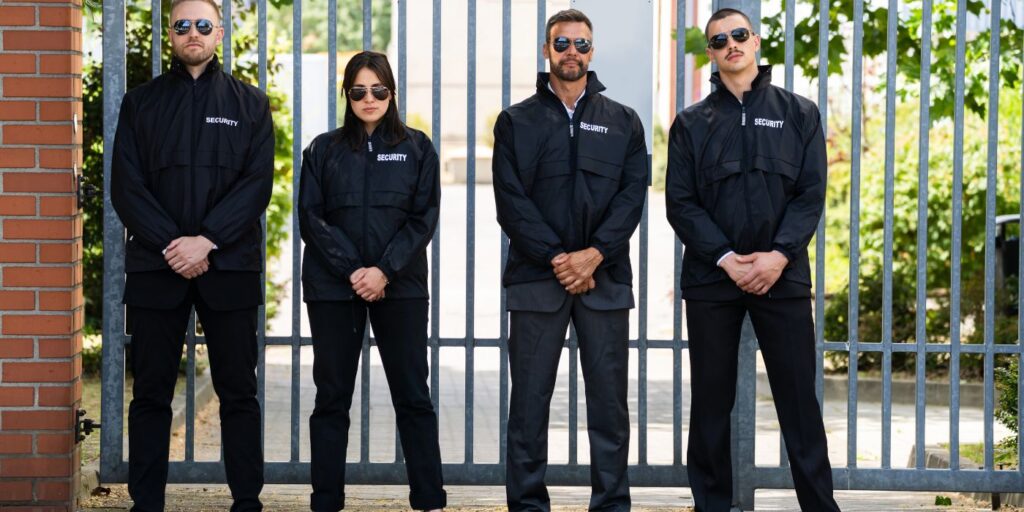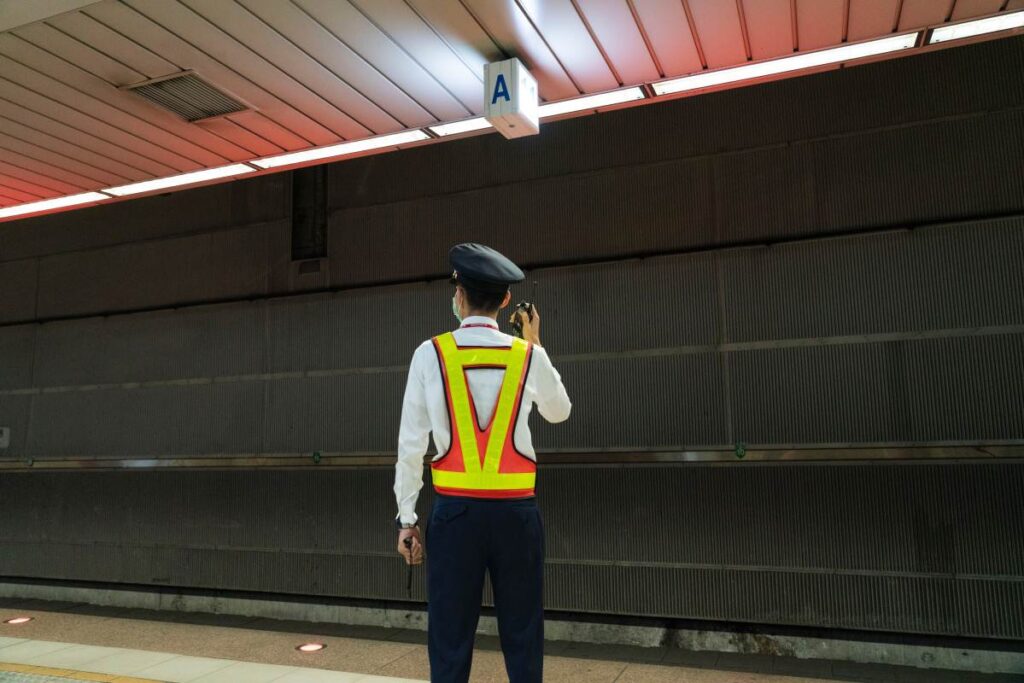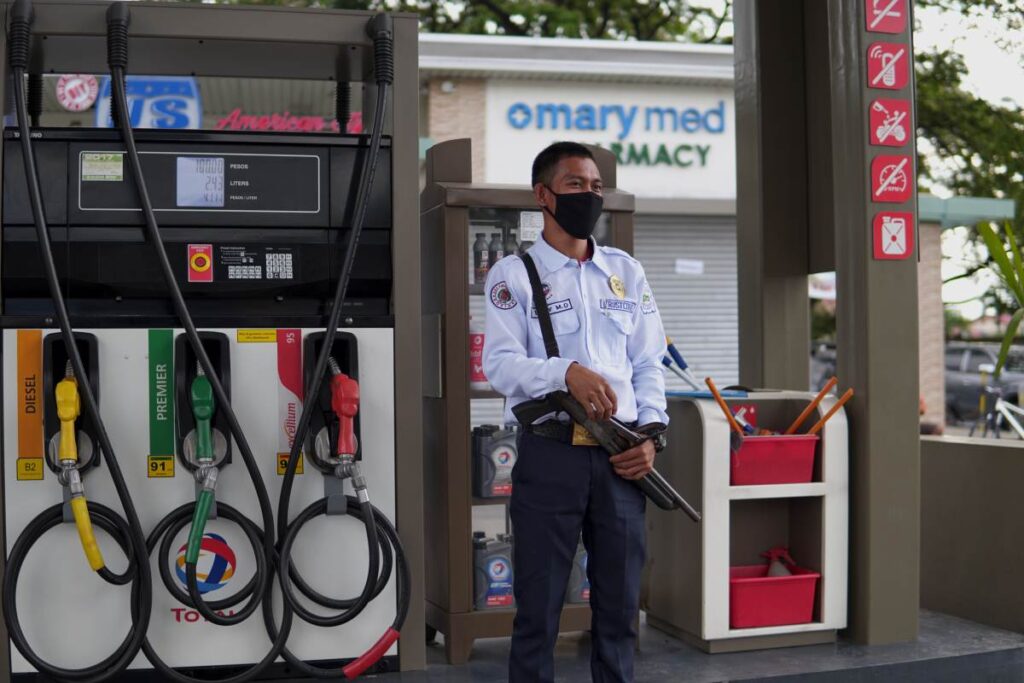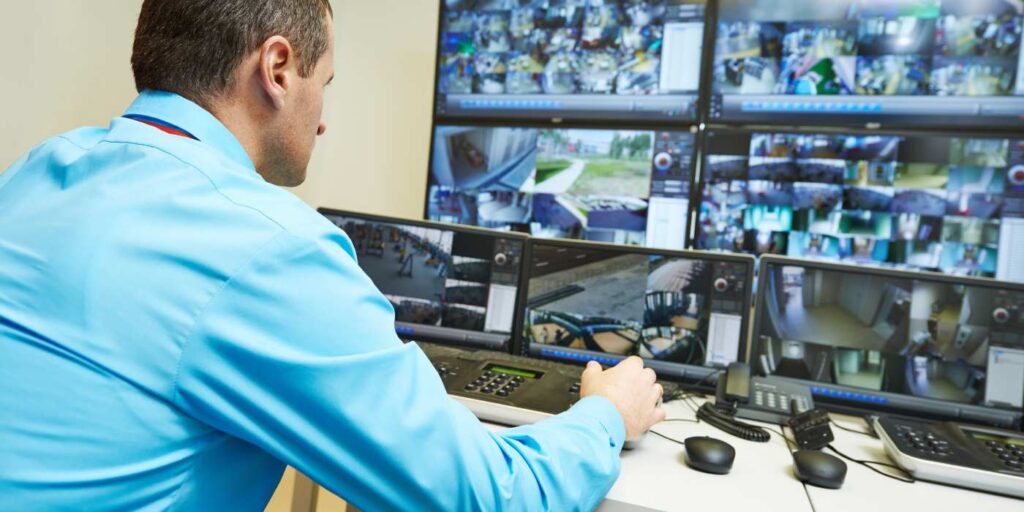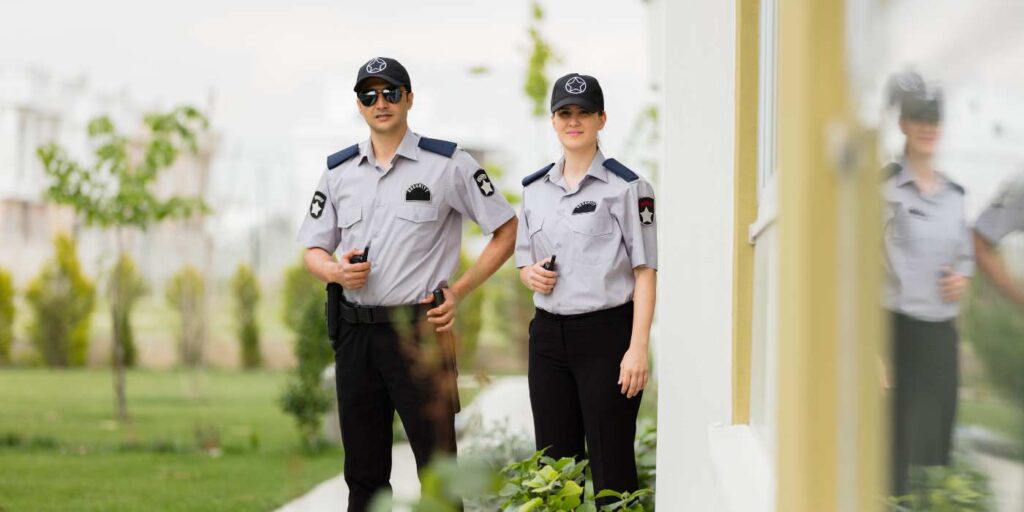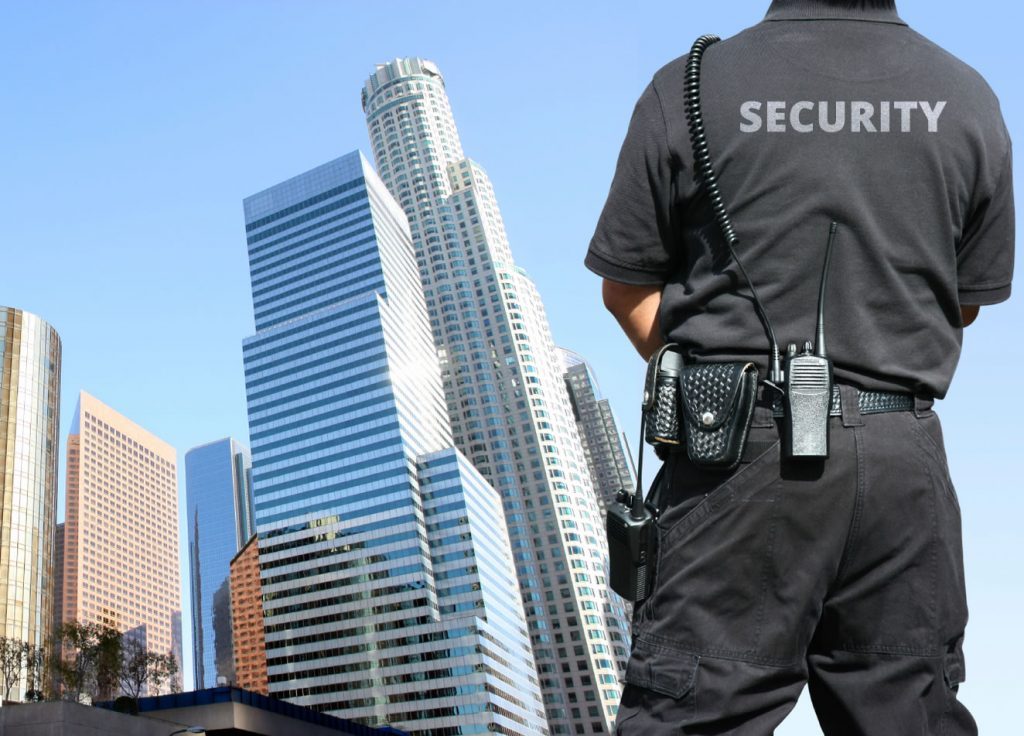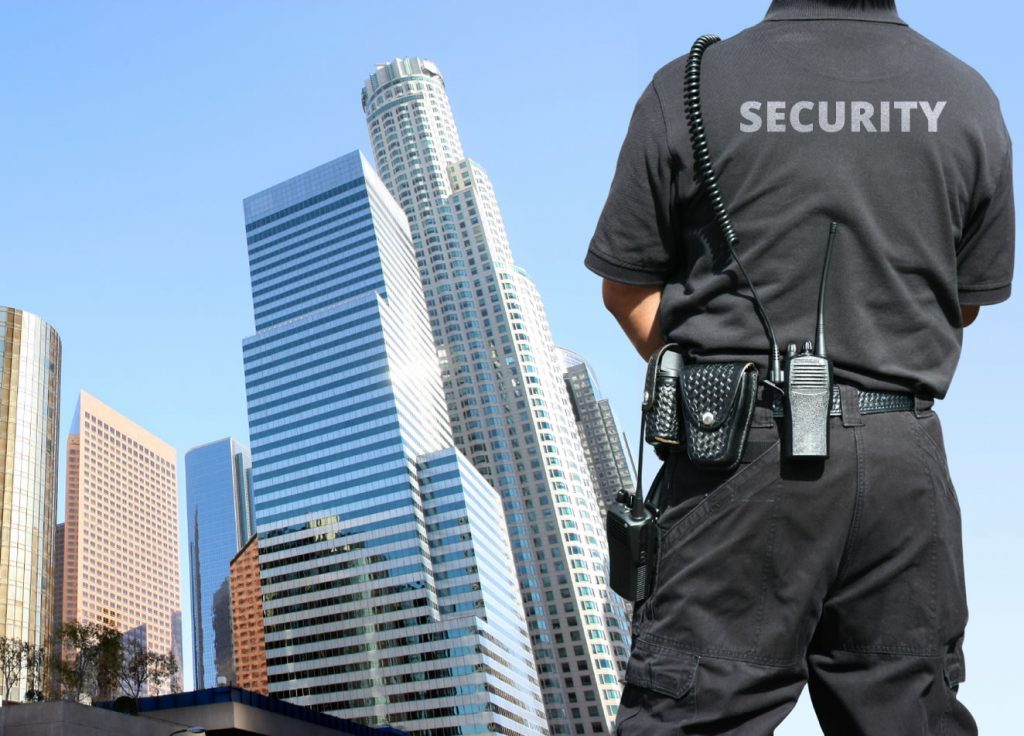Ensuring the security of Security Supervisors
Security supervisors, also known as security supervisory personnel or security supervisors, hold critical positions within security organizations. They are responsible for overseeing and managing the security operations, personnel, and resources in various settings, including commercial, industrial, residential, and event environments. Here are some key aspects of security supervisors and their roles:
By implementing Our security measures, you can ensure the safety of participants and the success of the event.
Security Planning: They participate in the development of security plans and policies, taking into account the specific needs and risks of their organization or site.
Leadership:
Security supervisors are typically in charge of a team of security officers or guards. They provide leadership, guidance, and direction to ensure that security personnel are performing their duties effectively.
Shift Scheduling:
They create and manage work schedules for security personnel, ensuring that there is appropriate coverage at all times. This may involve coordinating shifts, assigning duties, and managing overtime.
Monitoring and Surveillance:
Security supervisors often monitor security cameras, alarms, and access control systems. They respond to security incidents and emergencies, coordinating the response of security personnel and, if necessary, law enforcement or emergency services.
Emergency Response:
They play a critical role in emergency response planning and execution. This includes coordinating evacuations, medical responses, and other emergency procedures.
Attention to Detail:
Paying attention to detail is crucial in security operations to spot potential security breaches or issues.
Physical Fitness:
Depending on the nature of the security role, supervisors may need to be physically fit and able to respond to physical security threats.
Conflict Resolution: They should have skills in conflict resolution to address disputes or issues among security personnel.
Adaptability:
The security landscape is constantly evolving, so supervisors must be adaptable and open to new technologies and strategies.
Ethical Conduct:
Security supervisors are expected to uphold high ethical standards and demonstrate integrity in their actions and decisions.
Problem Solving:
They should be able to think critically and make quick decisions in response to security incidents or emergencies.
Communication Skills:
Effective communication is essential for security supervisors. They must communicate clearly with their team, clients, and other stakeholders.
- Monitor and monitor security functions within an organization.
- Training and planning programs and tasks for security staff.
- Evaluate, evaluate and analyze the performance of security staff.
- Take disciplinary action if necessary.
- Ensure the safety of office staff, buildings and assets.
- Keep the facility unaffected by all kinds of hazards. Screen guests before allowing them into the premises.

